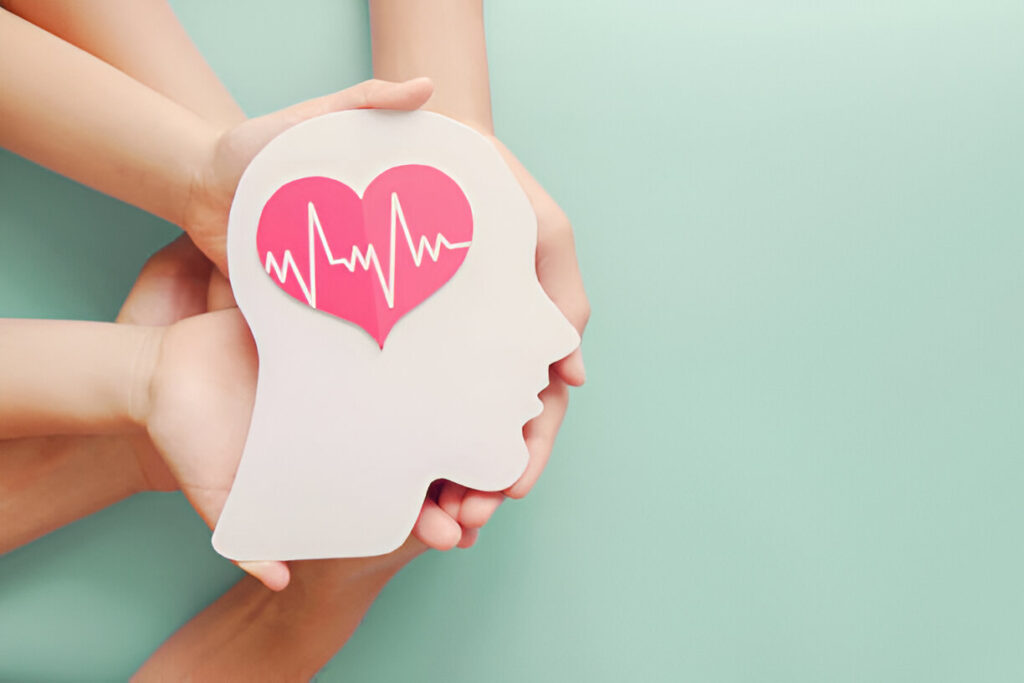In recent years, mental health has become a significant topic of conversation worldwide. This shift is timely and much needed as we work towards creating a more inclusive society that values mental well-being as much as physical health. Yet, despite the growing attention, stigma around mental health persists. Many individuals still struggle in silence due to fear of judgment, misunderstanding, or discrimination. This blog post aims to highlight the importance of mental health awareness and strategies for breaking the stigma surrounding it.
The Importance of Mental Health
Mental health is as important as physical health. It influences how we think, feel, and act in our daily lives. Good mental health helps us cope with stress, make choices, and engage in meaningful relationships. On the other hand, poor mental health can lead to a range of issues such as anxiety, depression, and other mental illnesses. Without proper attention and care, these conditions can disrupt daily life, impacting work, school, and personal relationships.
Understanding Mental Health Conditions
Mental health encompasses a wide range of conditions, from mild to severe, that affect a person’s emotional, psychological, and social well-being. Some of the most common mental health conditions include:
- Depression: A mood disorder characterized by persistent feelings of sadness, loss of interest, and a lack of energy.
- Anxiety Disorders: A group of mental health conditions that cause significant worry or fear, often disproportionate to the situation.
- Bipolar Disorder: A condition marked by extreme mood swings between mania and depression.
- Post-Traumatic Stress Disorder (PTSD): A disorder triggered by traumatic events, causing flashbacks, severe anxiety, and uncontrollable thoughts.
- Schizophrenia: A chronic brain disorder characterized by delusions, hallucinations, and impaired cognitive function.
The Impact of Mental Health Stigma
Stigma is one of the greatest barriers to seeking help for mental health issues. It can take two forms: social stigma and self-stigma. Social stigma refers to the negative stereotypes and discriminatory behavior that individuals with mental health issues face from others. Self-stigma occurs when individuals internalize these stereotypes, leading to feelings of shame or guilt.
Consequences of Stigma
- Reluctance to Seek Help: Fear of being judged often prevents people from reaching out for the support they need.
- Social Isolation: Stigma can lead to social exclusion, leaving individuals feeling isolated and unsupported.
- Delayed Treatment: By not seeking help, mental health conditions can worsen over time, leading to more severe symptoms.
- Decreased Quality of Life: Individuals may struggle with maintaining healthy relationships, succeeding at work or school, and enjoying life.
How to Break the Mental Health Stigma
Breaking the stigma around mental health requires a collective effort from society as a whole. It involves raising awareness, challenging misconceptions, and promoting an environment of understanding and empathy. Below are some key strategies to reduce stigma:
1. Education and Awareness
Education is a powerful tool in breaking mental health stigma. When people are well-informed, they are less likely to fall prey to misconceptions. Schools, workplaces, and communities should promote mental health education. By understanding the causes, symptoms, and treatment of mental health conditions, society can move away from harmful stereotypes.
Organizations like the National Institute of Mental Health provide valuable resources that can help educate people on this topic. Sharing accurate information can dispel myths and promote an understanding of mental health as part of overall well-being.
2. Encouraging Open Conversations
Encouraging people to talk openly about their mental health struggles helps normalize the issue. When influential public figures or celebrities speak about their experiences, it can inspire others to do the same. Additionally, open conversations in families, workplaces, and communities can create a supportive environment where people feel safe discussing their mental health without fear of judgment.
To take action, consider hosting mental health awareness days, organizing workshops, or starting a conversation in your local community. When people feel safe to share their experiences, it humanizes the issue and reduces stigma.
3. Promoting Mental Health Support
Access to mental health services is essential for individuals who need support. This includes therapy, counseling, medication, and self-help resources. However, many people are either unaware of these resources or feel hesitant to use them due to stigma.
As a community, we can promote mental health services by highlighting the benefits of professional help and normalizing seeking therapy. Campaigns encouraging people to seek help without shame can make a significant difference. For example, many companies now offer Employee Assistance Programs (EAPs) that provide confidential mental health support. By making these services more visible and accessible, we reduce the stigma surrounding professional help.
4. Support from Employers
Workplaces play a crucial role in supporting mental health. Employers can foster a stigma-free work environment by implementing mental health policies, offering flexible work schedules, and promoting work-life balance. Offering mental health days and providing resources such as counseling services can help employees feel supported.
Additionally, creating a culture of openness where employees feel comfortable discussing their mental health can break down stigma in the workplace. Training managers and HR personnel to recognize the signs of mental health struggles and to respond with empathy is essential.
5. Challenging Discriminatory Language
Language matters when it comes to mental health. Words like “crazy” or “insane” can reinforce negative stereotypes. Challenging discriminatory language and promoting respectful communication is key to breaking the stigma. Encourage people to use terms like “mental health condition” instead of “mental illness” to foster a more inclusive dialogue. Educating people on the importance of compassionate language can change how mental health is perceived.
The Role of Social Media in Mental Health Awareness
Social media platforms have become powerful tools for spreading mental health awareness. Through hashtags, stories, and campaigns, individuals can share their experiences and encourage others to seek help. However, it’s essential to use social media responsibly. Misinformation or insensitive comments can exacerbate stigma rather than reduce it.
Platforms like Instagram and Twitter have seen a rise in mental health advocacy groups that share helpful tips and resources. Using social media to create positive narratives around mental health can influence perceptions and encourage open discussions.
Personal Stories: Breaking the Silence
Personal stories are a powerful way to break mental health stigma. When individuals share their experiences, it normalizes mental health challenges and shows others they are not alone. These stories can be shared through blogs, social media, or mental health campaigns.
For example, initiatives like “Time to Change” encourage individuals to share their stories, offering a safe space for people to express their struggles. Personal stories also help to humanize mental health conditions, showing that anyone can face mental health challenges regardless of their background or status.
How You Can Make a Difference
We all have a role to play in breaking the mental health stigma. Whether it’s educating ourselves and others, supporting mental health campaigns, or simply being there for a friend in need, every small action counts. Here are a few simple steps you can take:
- Educate Yourself: Learn about mental health conditions and their impact on individuals.
- Listen Without Judgment: Offer support to friends or family members who may be struggling.
- Promote Mental Health Resources: Share information on local mental health services or helplines.
- Be Kind: Show empathy and understanding to those who are experiencing mental health challenges.
Final Thoughts
Mental health awareness is an ongoing journey that requires dedication, compassion, and a willingness to challenge the status quo. By breaking the stigma, we create a society where individuals feel safe to seek help without fear of judgment. Mental health is a crucial component of overall well-being, and addressing it is not just a personal responsibility but a collective one.
To learn more about mental health resources and support, check out our contact us page where you can find local services and helpful information.
For further insights on how to support your mental health, you can visit Mental Health Foundation and explore their resources dedicated to raising awareness and supporting individuals in their mental health journey.
Let’s work together to break the stigma, one conversation at a time.




